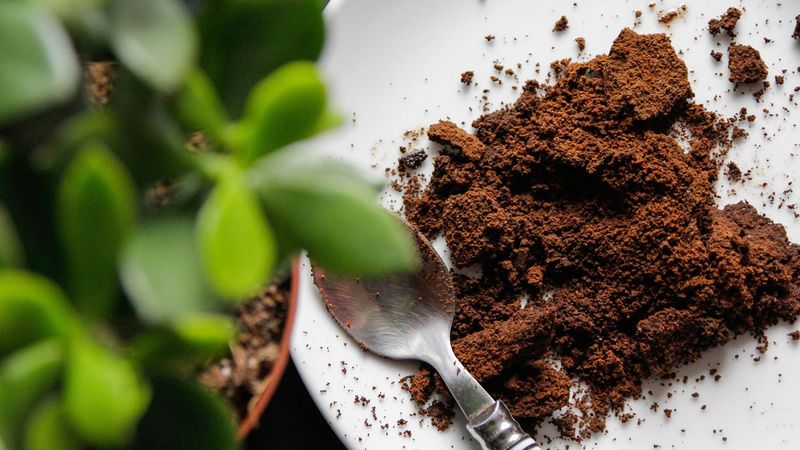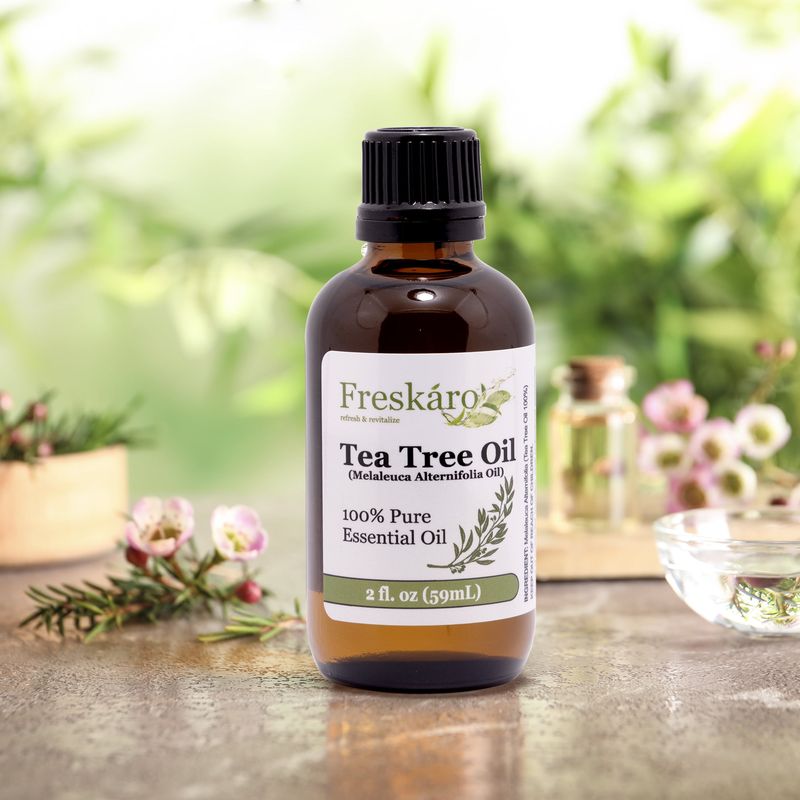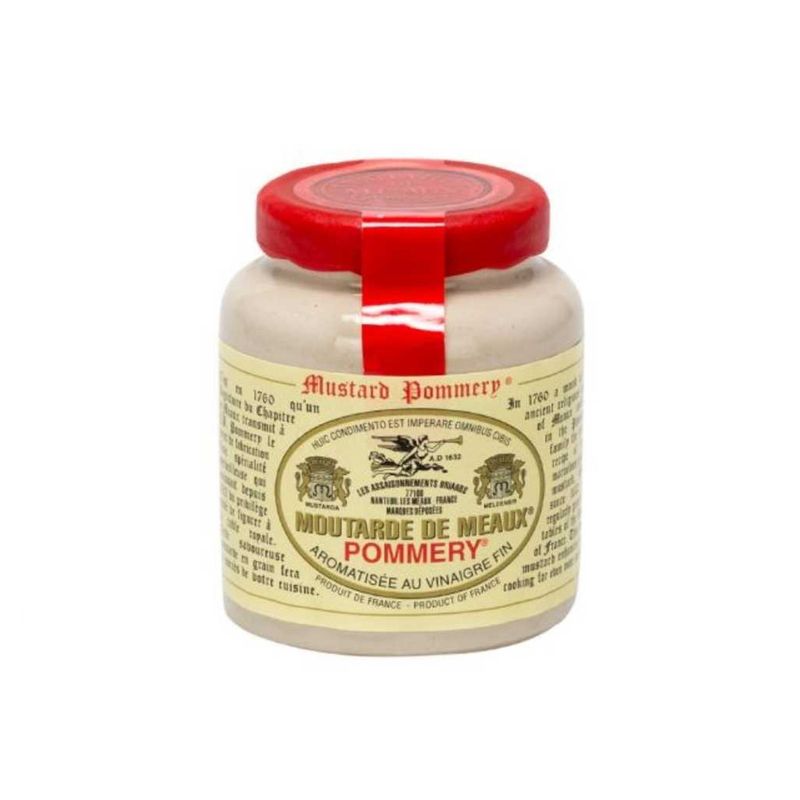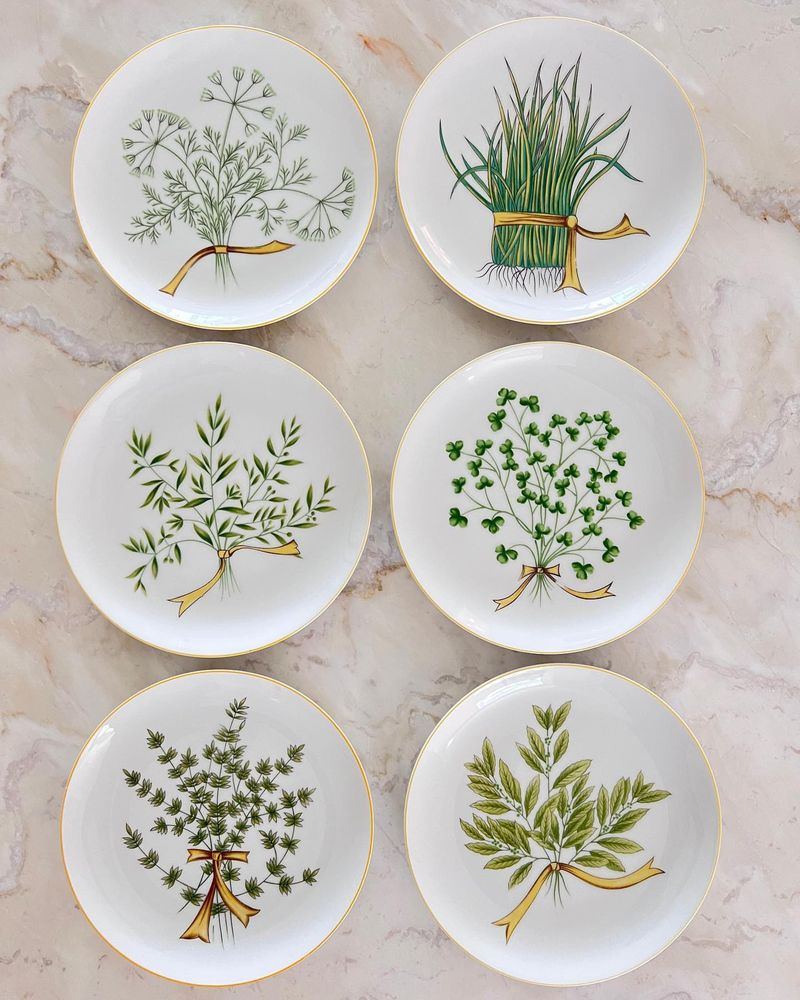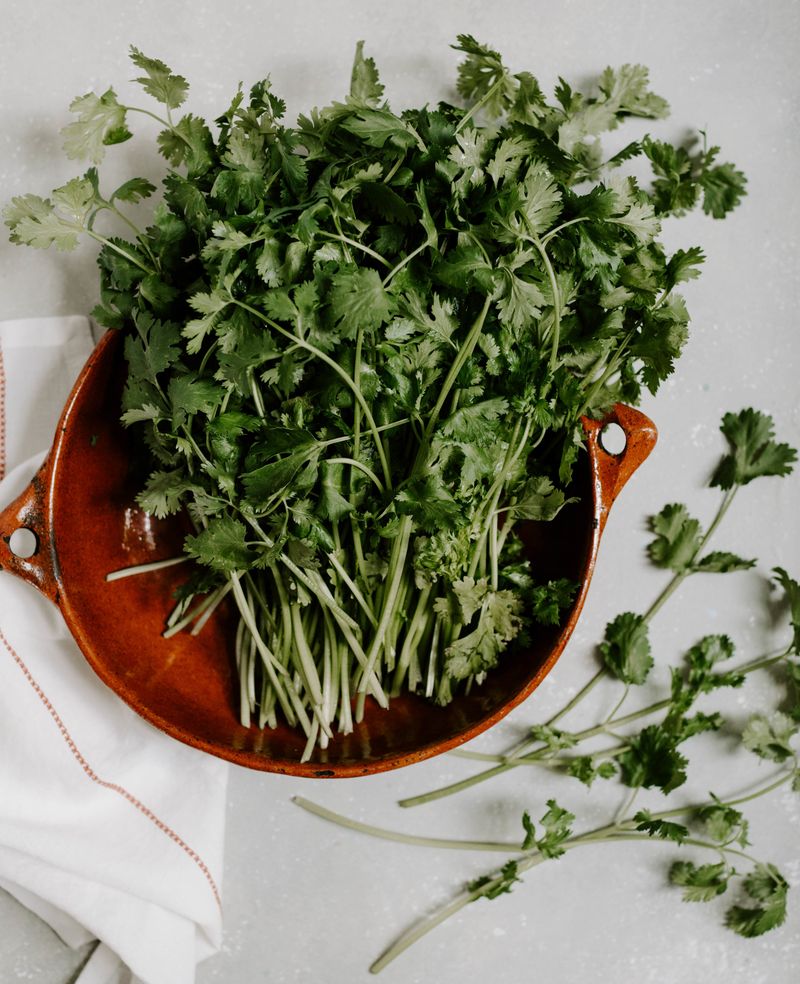📖 Table of Content:
- 1. Citrus Fruits
- 2. Lavender
- 3. Eucalyptus
- 4. Mint
- 5. Pine
- 6. Cinnamon
- 7. Vinegar
- 8. Rosemary
- 9. Pepper
- 10. Chili Powder
- 11. Onions
- 12. Garlic
- 13. Coffee Grounds
- 14. Cloves
- 15. Basil
- 16. Tea Tree Oil
- 17. Bananas
- 18. Mustard
- 19. Tobacco
- 20. Anise
- 21. Lemongrass
- 22. Bay Leaves
- 23. Thyme
- 24. Cilantro
- 25. Coriander
Cats are known for their strong sense of smell, and with that comes a certain sensitivity to specific scents. While some fragrances may seem pleasant to us, they can be quite the opposite for our feline friends. Understanding these scents is crucial for creating a comfortable living environment that keeps your pet happy and calm. Here is a detailed exploration of 25 common scents that cats absolutely despise. Each scent is examined for its unique impact on cats and offers insights into ensuring a harmonious home for both humans and their furry companions.
1. Citrus Fruits
The tangy zest of citrus fruits like oranges and lemons may be a refreshing treat for humans, but for cats, it’s a different story. The strong, acidic aroma can be overwhelming to their sensitive noses. This aversion to citrus is not just a minor dislike; it’s often used as a natural deterrent to keep cats away from certain areas. Some cat owners use citrus-scented sprays or peels to discourage cats from scratching furniture or entering specific rooms. Despite its effectiveness, it’s essential to use such methods sparingly to avoid distressing your feline friend.
2. Lavender
Lavender may be cherished for its calming and soothing properties in humans, but cats tend to find its floral fragrance far less appealing. The essential oils in lavender can even be toxic to cats if ingested. This aversion makes lavender a popular choice for those looking to create a feline-free garden. However, it’s vital to be cautious about using lavender-scented products at home. If you adore the scent, consider limiting its use or ensuring it’s stored in areas inaccessible to your pet to maintain a safe environment.
3. Eucalyptus
Eucalyptus, with its sharp menthol-like aroma, is often associated with respiratory relief for humans. For cats, this smell is far from comforting. The essential oils in eucalyptus are known to be toxic to cats, and even inhalation can lead to irritation or discomfort. This aversion makes eucalyptus a common ingredient in natural cat repellents. If you’re a fan of eucalyptus for its aromatic properties, it’s best to keep it well out of reach of your feline companion to avoid any adverse reactions. A cat-friendly home is a more harmonious home.
4. Mint
While mint might bring a cool and refreshing vibe to your senses, it tends to have the opposite effect on cats. The potent scent of mint, along with its active compounds, can be quite off-putting to felines. In some cases, ingesting mint leaves, oil, or plants like peppermint can lead to stomach upset and other health issues for cats. If you’re an enthusiast of mint-infused teas or recipes, consider storing your mint products securely. This ensures that your culinary adventures remain delightful without causing any feline distress.
5. Pine
The fresh, woody fragrance of pine is often reminiscent of holiday celebrations and cozy winter days for us, but it can be quite disagreeable for cats. Pine essential oils contain compounds that are irritating and potentially toxic to cats. This is why many cat owners opt for artificial pine scents or avoid them altogether. If you’re a fan of pine-scented products, exercise caution and keep them away from your cat’s reach to ensure a safe and comfortable environment for your furry friend.
6. Cinnamon
The warm and spicy scent of cinnamon might be a staple in your fall and holiday cooking, but for cats, it can be a bit too intense. Cinnamon contains compounds that can irritate a cat’s respiratory system when inhaled and cause skin irritation if they come into contact with it. For cat owners who can’t resist the charm of cinnamon, it’s important to use it mindfully. Keeping cinnamon sticks or powders stored securely will ensure that your cat remains undisturbed by this otherwise delightful spice.
7. Vinegar
Vinegar’s pungent sourness is a cleaning staple in many households, but it is also notoriously disliked by cats. Its sharp odor can be overwhelming, driving cats away from areas where it’s used. This makes vinegar a popular natural deterrent for preventing cats from returning to unwanted areas. However, its intense aroma should be used with care to avoid causing unnecessary stress to your feline friend. When using vinegar for cleaning or deterrent purposes, ensure that the scent dissipates quickly or is used in well-ventilated areas.
8. Rosemary
Rosemary’s earthy, aromatic fragrance can enhance many dishes, but it’s not a scent that cats appreciate. The strong herbal aroma of rosemary can be off-putting to felines, and its essential oils can be irritating. While some gardeners use rosemary as a natural cat repellent, it’s essential to remember that not all natural methods are safe for pets. If you grow or use rosemary in your cooking, consider keeping it away from your cat’s usual haunts to maintain a cat-friendly space.
9. Pepper
Pepper, with its sharp and pungent aroma, can add a kick to your culinary creations but may repel cats. The scent of crushed black or white pepper can cause sneezing and discomfort in cats, making it an effective deterrent for keeping them away from certain areas or plants. While pepper can be a handy spice for your meals, use it conscientiously around pets. Minimize your cat’s exposure to avoid any potential irritation or distress, ensuring that both your kitchen and feline companion stay happy.
10. Chili Powder
Chili powder packs a spicy punch that can leave a lasting impression on your taste buds, but for cats, it can be quite unpleasant. The intense aroma of chili powder can irritate a cat’s sensitive nose and even cause sneezing or discomfort. Cat owners sometimes use chili powder as a deterrent to keep cats away from gardens or specific areas. If you enjoy adding some heat to your meals, try to store chili powder securely, ensuring your cat’s sensitive sense of smell isn’t overwhelmed by this fiery spice.
11. Onions
Onions are a flavorful staple in many dishes, but they are far from friendly to cats. The strong, pungent smell of onions can be overpowering to a cat’s sensitive nose. More importantly, onions contain compounds that are toxic to cats if ingested. This makes it crucial for cat owners to keep onions out of reach and ensure that any foods containing onions are securely stored. By doing so, you can continue to enjoy the culinary benefits of onions while keeping your feline companion safe and healthy.
12. Garlic
Garlic, known for its robust flavor and aroma, is a culinary favorite for humans but a definite no-go for cats. The smell of garlic can be overwhelming, and its compounds are toxic to felines. Even small amounts can cause digestive upset and other health issues. If garlic is a kitchen staple for you, it’s essential to manage its storage carefully. Keeping garlic bulbs or powders in inaccessible areas will ensure that your feline friend remains unaffected by the potent aroma while you enjoy its culinary delights.
13. Coffee Grounds
The rich, bold aroma of coffee is a morning staple for many, but for cats, it’s not so inviting. The smell of coffee grounds can be too intense for their sensitive noses, making it a common deterrent to keep cats away from gardens or unwanted areas. While coffee can be a delightful part of your daily routine, ensure that it’s stored properly and kept away from curious cats. This not only helps to maintain a cat-friendly environment but also keeps your feline friend safe from ingesting harmful substances.
14. Cloves
Cloves, with their spicy and aromatic scent, are often used in holiday baking and aromatic crafts, but for cats, they can be quite offensive. The strong smell of cloves can deter cats from certain areas, and the essential oils can be irritating. If cloves are a staple in your spice rack, be mindful of their use and storage. Ensuring they are kept away from your cat’s reach will help maintain a peaceful and harmonious home environment, free from the intense aroma that cats tend to dislike.
15. Basil
Basil’s peppery and aromatic fragrance is delightful in various culinary dishes, but not so much for cats. The strong scent can be off-putting to them, making basil a less favorable herb in a cat-friendly garden. While basil leaves are safe for cats to nibble on, the strong aroma may keep them at bay. If you’re an avid basil grower or user, consider placing basil pots or dishes in areas where your cat doesn’t frequent. This way, you can enjoy the fresh taste of basil without disturbing your feline’s peace.
16. Tea Tree Oil
Tea tree oil is renowned for its antiseptic properties in human skincare, but for cats, it’s far from appealing. The potent aroma can be overwhelming, and the oil itself is toxic if ingested or absorbed through the skin. Many cat owners avoid using tea tree oil in homes with cats to prevent accidental exposure. If you enjoy using this essential oil for its benefits, it’s crucial to keep it stored securely and use it in areas that are off-limits to your feline friend, ensuring their safety and comfort.
17. Bananas
The sweet and creamy aroma of bananas is appealing to many humans, but for cats, it’s surprisingly off-putting. Cats tend to steer clear of bananas, often reacting negatively to their scent. This aversion can be amusing for cat owners but serves as a reminder of the unique preferences that cats exhibit. If bananas are a regular part of your diet, there’s no need for concern, as they are harmless to cats. Simply store them in a way that respects your cat’s sensitive olfactory system, maintaining harmony in your home.
18. Mustard
Mustard, with its tangy and spicy aroma, is a popular condiment for many, but cats are generally repelled by its scent. The sharp fragrance can be overwhelming for a cat’s sensitive nose, making mustard an effective, albeit unconventional, deterrent. While mustard is harmless when used properly, it’s essential to be cautious and ensure that your curious feline doesn’t accidentally come into contact with it. Storing mustard securely will help maintain a peaceful coexistence with your four-legged friend, keeping your kitchen feline-friendly.
19. Tobacco
The scent of tobacco often evokes nostalgia or relaxation for some, but it’s far from pleasant for cats. The strong, smoky aroma can be irritating and even harmful to a cat’s delicate respiratory system. Many pet owners avoid smoking or using tobacco products around their pets for this reason. If tobacco is part of your lifestyle, it’s crucial to create a smoke-free zone for your cat, ensuring their environment remains safe and comfortable, free from the pungent and lingering scent of tobacco.
20. Anise
Anise, known for its licorice-like aroma, is an intriguing spice for humans but often disliked by cats. The strong, sweet scent can be overwhelming, causing cats to avoid areas where anise is present. Some pet owners use anise as a mild deterrent, though it’s essential to use it sparingly. If you’re fond of this spice for its unique flavor in cooking or baking, ensure that it’s stored securely. This will help maintain a harmonious environment for your cat, free from scents that might disrupt their peace.
21. Lemongrass
Lemongrass imparts a fresh, citrus-like fragrance that many find invigorating, yet cats often shy away from it. The strong scent can be overwhelming and may even cause discomfort if inhaled in large quantities. While lemongrass is used in some herbal remedies and as a culinary ingredient, it’s essential to be mindful of its presence around cats. If you’re a fan of incorporating lemongrass into your lifestyle, consider keeping it in designated areas away from your feline companion to prevent any potential distress.
22. Bay Leaves
The subtle and aromatic scent of bay leaves is a common addition to many savory dishes, but for cats, it can be a deterrent. The fragrance, coupled with the texture of the leaves, may cause discomfort and lead cats to avoid areas where they are present. Bay leaves are generally not toxic, but it’s wise to keep them out of your cat’s reach to prevent any accidental ingestion. By storing bay leaves mindfully, you can continue to enjoy their culinary benefits without causing any feline unease.
23. Thyme
Thyme’s earthy and slightly minty aroma is a favorite in many kitchens, yet it doesn’t appeal to cats. The strong scent can be off-putting, leading to avoidance behavior in some felines. While thyme is safe for cats to nibble on, its fragrance may still deter them from certain areas. If thyme is a staple in your cooking, consider placing it in areas less frequented by your cat. This approach allows you to enjoy the aromatic qualities of thyme without compromising your cat’s comfort and peace of mind.
24. Cilantro
Cilantro, with its unique and pungent aroma, is a divisive herb among humans, and cats tend to be on the side of disliking it. The strong scent of cilantro can be a deterrent, keeping cats away from areas where it’s used or grown. Although cilantro is safe for cats to ingest in small quantities, its fragrance might still cause them to steer clear. If cilantro is a regular part of your culinary adventures, ensure it is kept in a manner that respects your cat’s sensitive sense of smell.
25. Coriander
Coriander, with its citrusy and slightly sweet aroma, is a versatile spice, but cats might not appreciate it as much. The scent can be off-putting to felines, leading them to avoid areas where coriander is prominently used. While coriander is safe in small amounts, its fragrance can still deter curious cats. If you’re a fan of incorporating coriander into your meals, consider mindful placement and storage. This ensures that your culinary explorations remain uninterrupted, while your feline friend enjoys a comfortable and stress-free environment.













